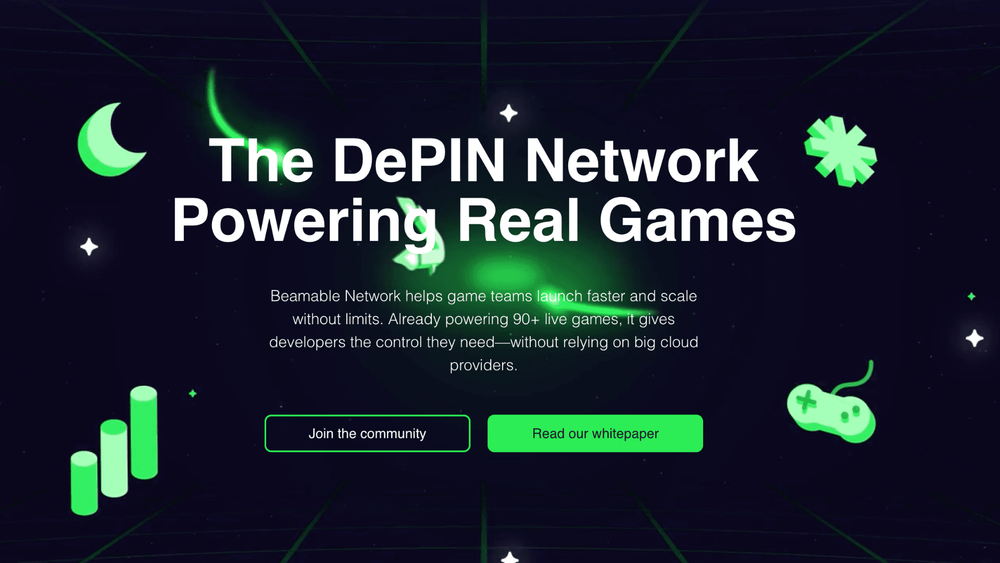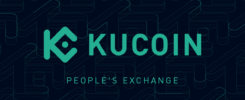In the world of live gaming, back-end infrastructure can make or break a title. John Radoff, veteran gaming entrepreneur and co-founder of Beamable, asserts that no matter how engaging a game is or how active its community is, a single outage can have devastating effects.
Centralized backends are often fragile, and developers have faced frequent challenges with cloud outages, vendors disappearing, and pricing structures that become restrictive as the game expands. These issues highlight the growing need for a more flexible and transparent approach to gaming infrastructure.
DePIN and the future of game backends
Evolution of gaming infrastructure
Consider the history of gamingThe infrastructure has constantly developed. At the beginning of the MMO era, studios built their own backend systems, a process that was expensive and prone to failure. Cloud platforms later emerged as a solution, promising ease of scaling and maintenance, but introducing new dependencies.
Today, live service games dominate the market, making uptime and stability more important than ever. Developers cannot afford downtime, vendor lock-in, or sudden service outages. Although traditional backend approaches were useful in the past, they no longer provide the robustness or flexibility needed for modern gaming systems.

DePIN and the future of game backends
DePIN: A new approach to game backends
Decentralized Physical Infrastructure Networks, or DePIN, provide an alternative by decentralizing the infrastructure layer rather than the games themselves. Games don’t need to Run on the string to tap Decentralization. Instead, DePIN distributes computing and networking across a decentralized network while using the on-chain order book to manage pricing, allocation, and reputation.
This ensures that no single provider can disrupt the service, and developers can maintain consistent operations even when individual vendors fail. By transforming back-end services into verifiable public goods, DePIN offers a system that is flexible, transparent, and aligned with the interests of the communities it serves.

DePIN and the future of game backends
How DePIN affects game development
Switching to DePIN does not change how developers design or play their games. Instead, it affects the underlying economics and reliability of the services they rely on. Live games are ongoing communitiesThe infrastructure must match this stability.
By distributing workloads and aligning incentives between developers, operators, and players, DePIN ensures backend continuity even in the face of vendor or cloud failure. Studios that adopt this approach can focus more on content and community engagement rather than constantly managing infrastructure risk.
The role of the broadcastable network in transformation
Beamable Network is positioning itself at the forefront of this change. The platform is gearing up for its Token Generation Event (TGE) in November 2025 and aims to bring community-owned backend services to the next generation of game developers.
The Beamable network combines decentralized infrastructure With on-chain verification, Providing an ecosystem where developers and players can trust that back-end services will remain operational and cost-effective. This approach reflects a broader trend in the gaming industry toward infrastructure that is sustainable, accountable, and aligned with long-term community goals.
source: BlockchainGamer
Frequently Asked Questions (FAQ)
What is DePIN in games? DePIN, or Decentralized Physical Infrastructure Networks, is a model that decentralizes the back-end infrastructure of games. It distributes computing and networking across a decentralized network while using on-chain mechanisms to coordinate pricing, allocation, and accountability.
Why don’t games need to run on-chain? While decentralization benefits back-end operations, the games themselves do not need to run on blockchain technology. The focus is on making infrastructure resilient, transparent and socially compatible.
How does DePIN improve backend reliability? By distributing workloads across a decentralized network and using on-chain order books for verification, DePIN eliminates single points of failure. This reduces the risk of outages caused by vendor or cloud failure.
What role does Beamable Network play in DePIN adoption? Beamable Network provides a platform for community-owned back-end services, supporting live gaming with decentralized infrastructure. It aims to increase reliability, transparency and alignment between developers and players.
When is Beamable Network TGE? The Beamable Network token generation event (TGE) is scheduled to take place in November 2025.
Can DePIN reduce costs for game developers? Yes. By removing vendor tags and eliminating lock-in contracts, DePIN can make back-end services more cost-effective while maintaining high reliability.





